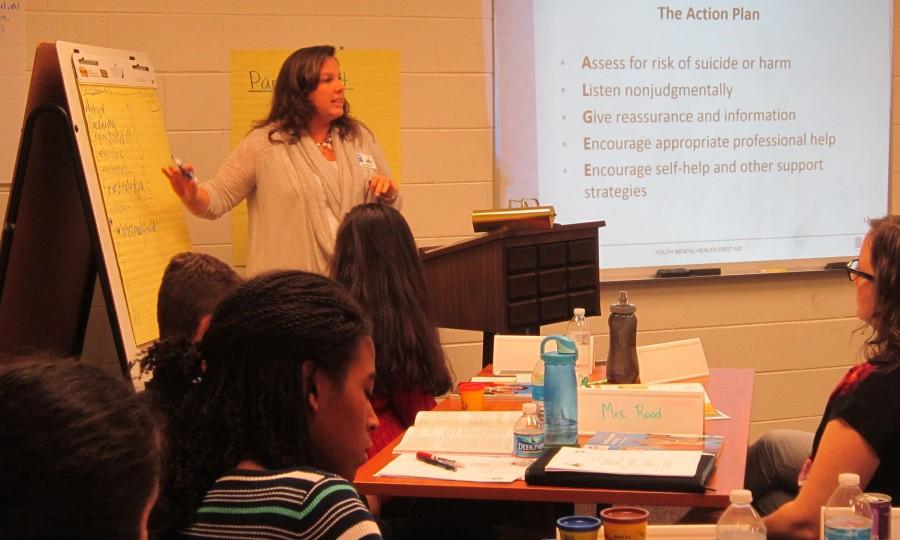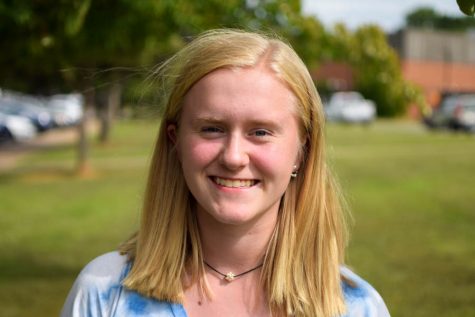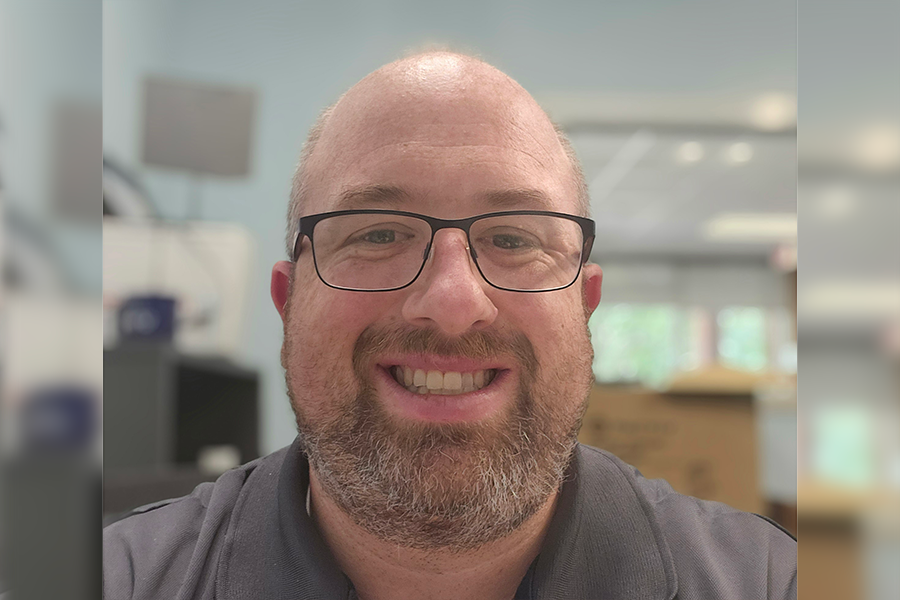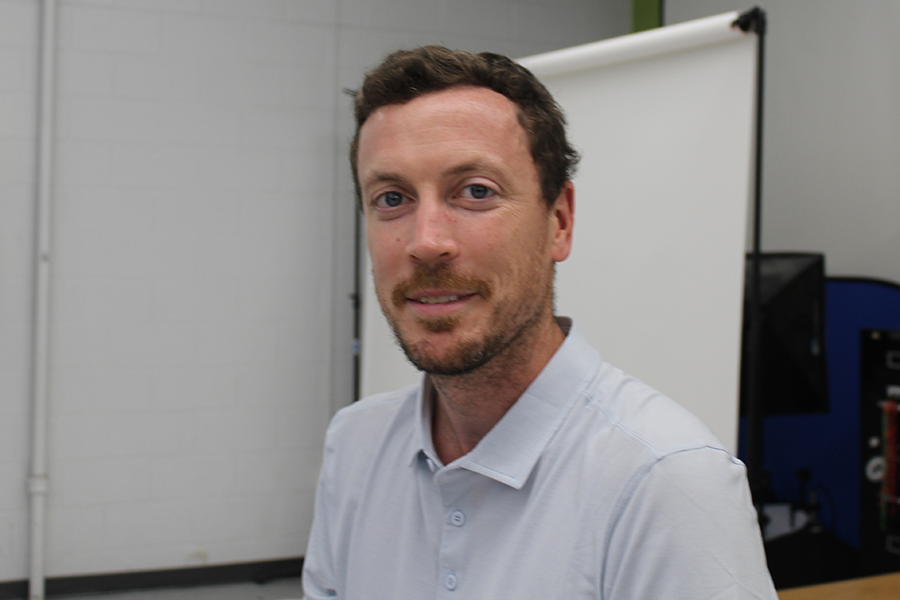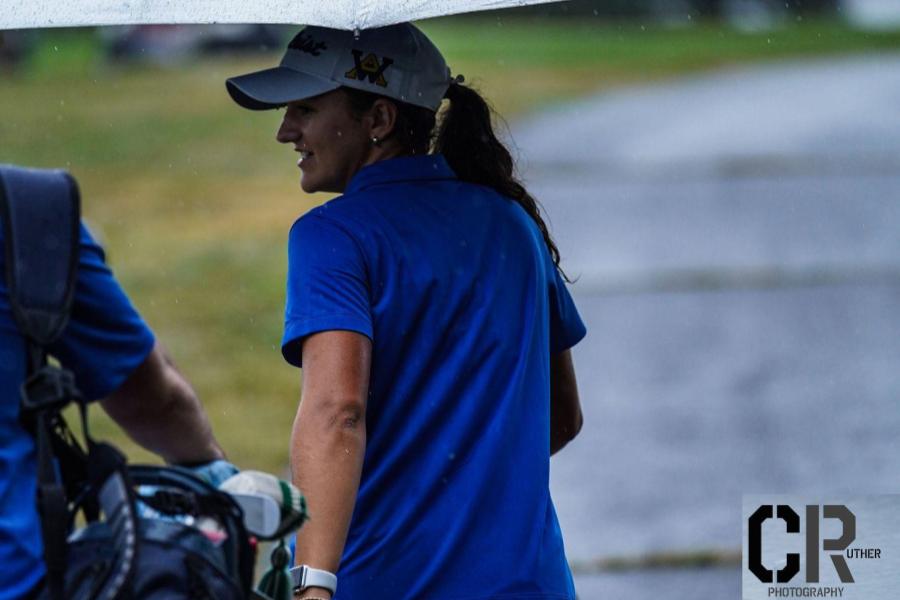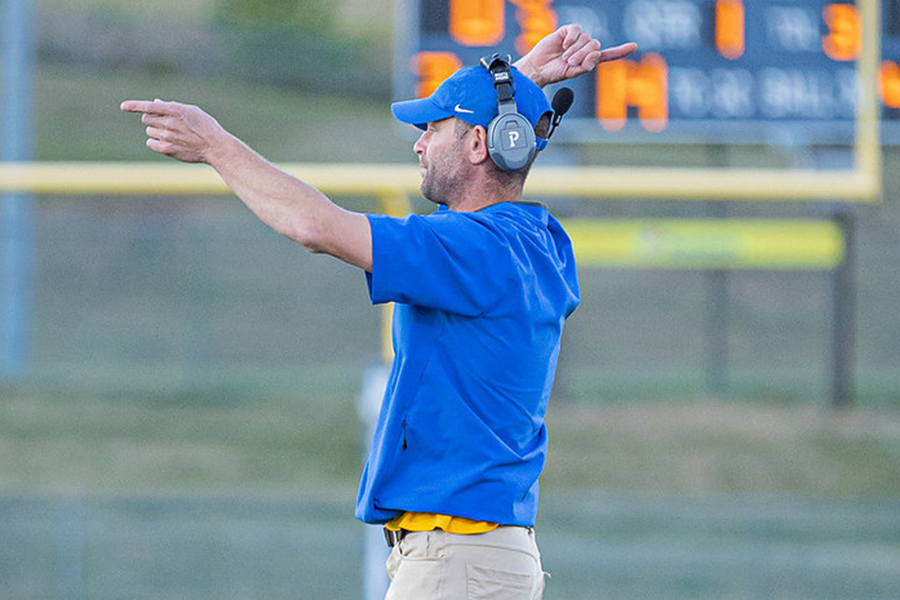Mental Health First Aid Offered to Western Students
January 7, 2015
Several Western students experienced a unique Mental Health training and first aid, learning how to notice key signs in someone’s behavior that would signal their need for help. This is the first time WAHS has offered this two day, eight hour training program.
Region Ten representative, Lori Wood, and senior Kelly Missett, played a large role in bringing this program to Western to educate interested students.
According to Wood, Region Ten started to provide this program in May of 2013 and has trained 500 people since.
“I found out about it through County [Student] Council, which is a one time a month meeting with different professionals in the county. [Wood] came in to talk about mental health and services that Region Ten provides, and Abby Boitnott and I were there and we thought ‘Wow! This sounds like an awesome idea of something that we should bring to Western,’” Missett said.
The session consisted of interactive activities interspersed with lectures. The training was similar to a CPR lesson, but took a much more in-depth approach.
“There were a lot of different activities. Today part of it was learning what it was like to be a schizophrenic, having hallucinations. So I would be trying to carry on a conversation with Oscar Diaz, and at the same time Eric Xu would be whispering off the skit ‘Don’t trust him. He doesn’t like you. Why are you talking to him? He is out to get you.’ So it was definitely almost a physical experience,” Missett described.
This learning opportunity was only made available to students who were 16 and older.
“That is a rule set by the National Council on behavioral health, the company that supports, develops and trains the trainers for mental health first aid,” Wood said.
Missett also believed that there was an age limit because some of the material was mature content.
The juniors and seniors who attended the sessions learned about the symptoms of someone who needs assistance and how to assist them.
“We were focusing more on symptoms of mental health crises and how they differ from your normal adolescent behavior,” Missett explained.
“The goal I think is to reduce the stigma around mental health and make it something that people can talk about the way you talk about cancer, diabetes, or colds.”



